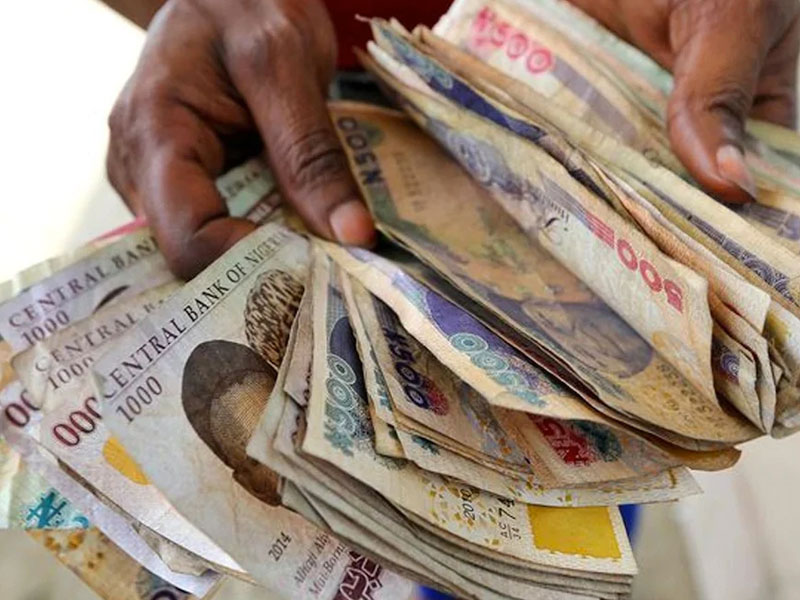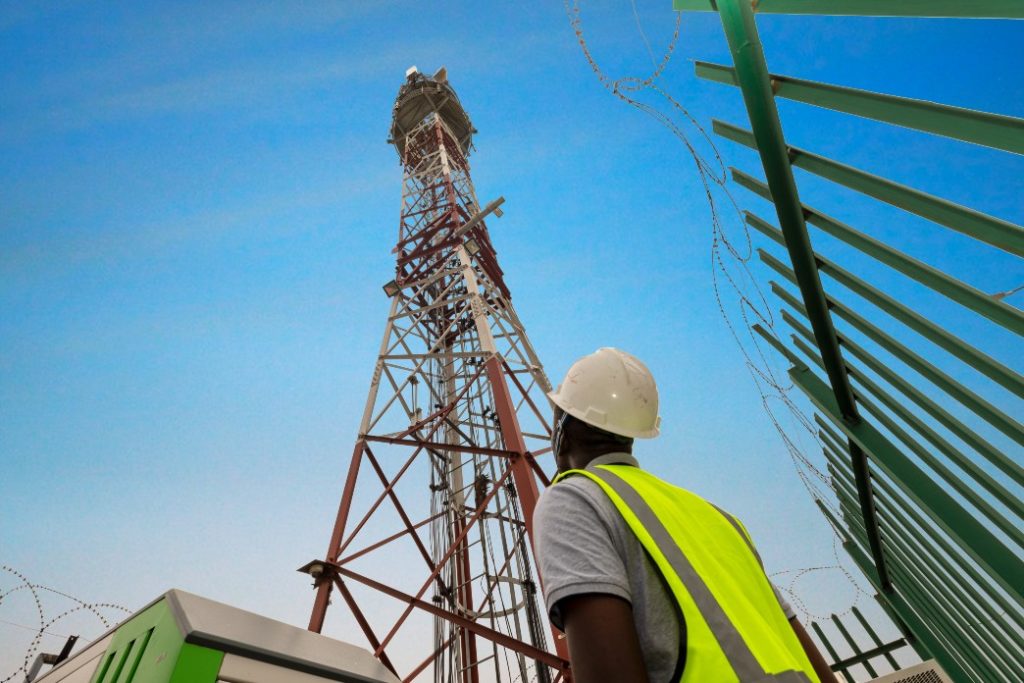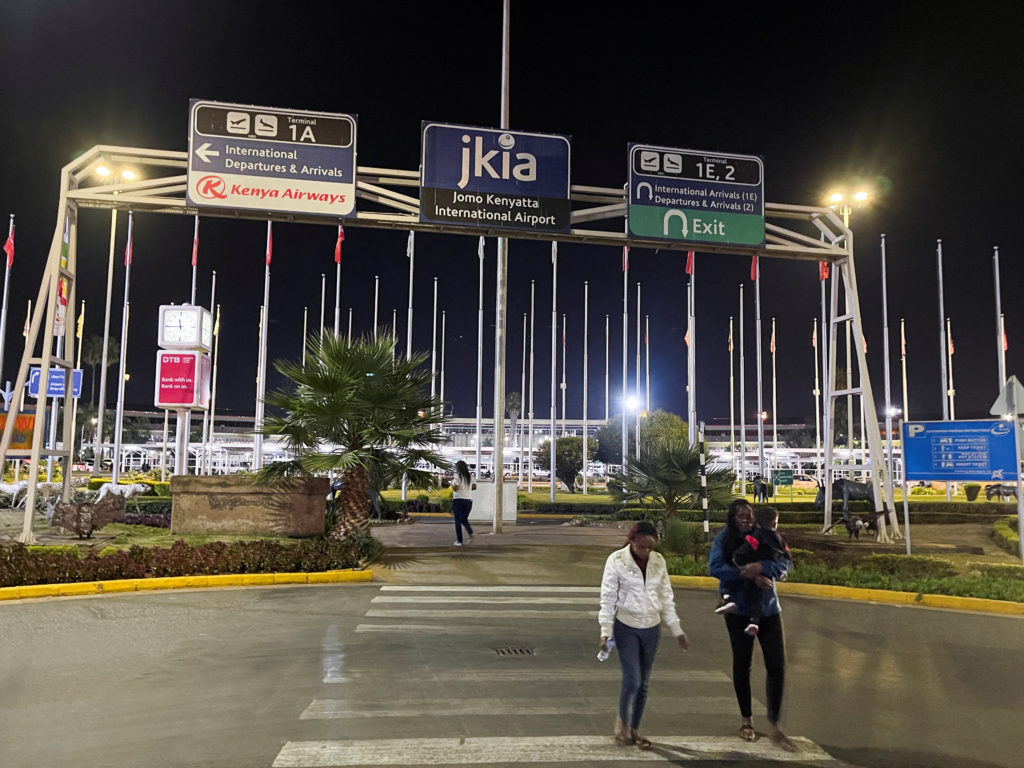After days of uncertainty, Nigerians will be able to heave a sigh of relief after the Central Bank of Nigeria (CBN) directed all deposit money banks to begin accepting old denominations of the N200, N500, and N1,000 notes.
On March 3, TechCabal reported that the Supreme Court ruled that the old notes remain legal tender until December 31, 2023, adding that the Federal Government disobeyed an earlier order not to implement a previous February 10 deadline for the remittance of all old notes.
Previously, the CBN had announced that the N200 would remain legal tender for 60 days after the February deadline. The directive from the government came after 16 state governors sued the FG and asked the apex court to put a hold on the naira redesign policy.
Ten days after the court’s ruling, the CBN, in a statement sighted by TechCabal, stated that it would comply with the court orders to sustain the rule of law and the operations of the bank. It also directed the banks to comply accordingly.
“In compliance with the established tradition of obedience to court orders and sustenance of the Rule of Law Principle that characterized the government of President Muhammadu Buhari, and by extension, the operations of the Central Bank of Nigeria (CBN), as a regulator, Deposit Money Banks operating in Nigeria have been directed to comply with the Supreme Court ruling of March 3, 2023,” the statement reads.
The CBN also confirmed wide reports that it met with the Bankers’ Committee regarding the circulation of the old notes alongside the redesigned notes until December 31, 2023.
Since the cash crunch began, Nigerians have faced untold hardships trying to get their hands on cash. With about 57% of Nigeria’s economy being informal, the Naira redesign policy made it difficult for people to conduct business. The cash scarcity also saw point-of-sale merchants become kings as they charged exorbitant rates for withdrawals whenever they had cash—some charged as much as 30% on withdrawals.
While the CBN encouraged electronic payments for goods and services, Nigerians faced the hurdle of inconsistent banking networks which saw many bank account holders left stranded from failed transactions and pending transactions that lasted for hours. The apex bank, in a bid to take into account the unbanked, conducted cash swap programs in rural communities, which has since ended, according to a report by The Punch.
Before the CBN’s announcement, some state governors warned banks and citizens of their states to accept the old naira notes or face prosecution for rejecting them. However, what is left to be seen is how soon the banks will start issuing customers old notes; if the queues would stop, and what will happen after the end of the 31-month growth in business activity caused by the cash crunch.


















